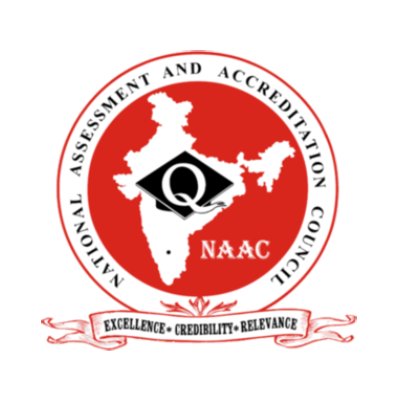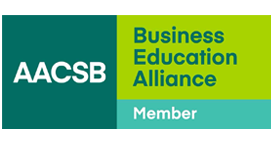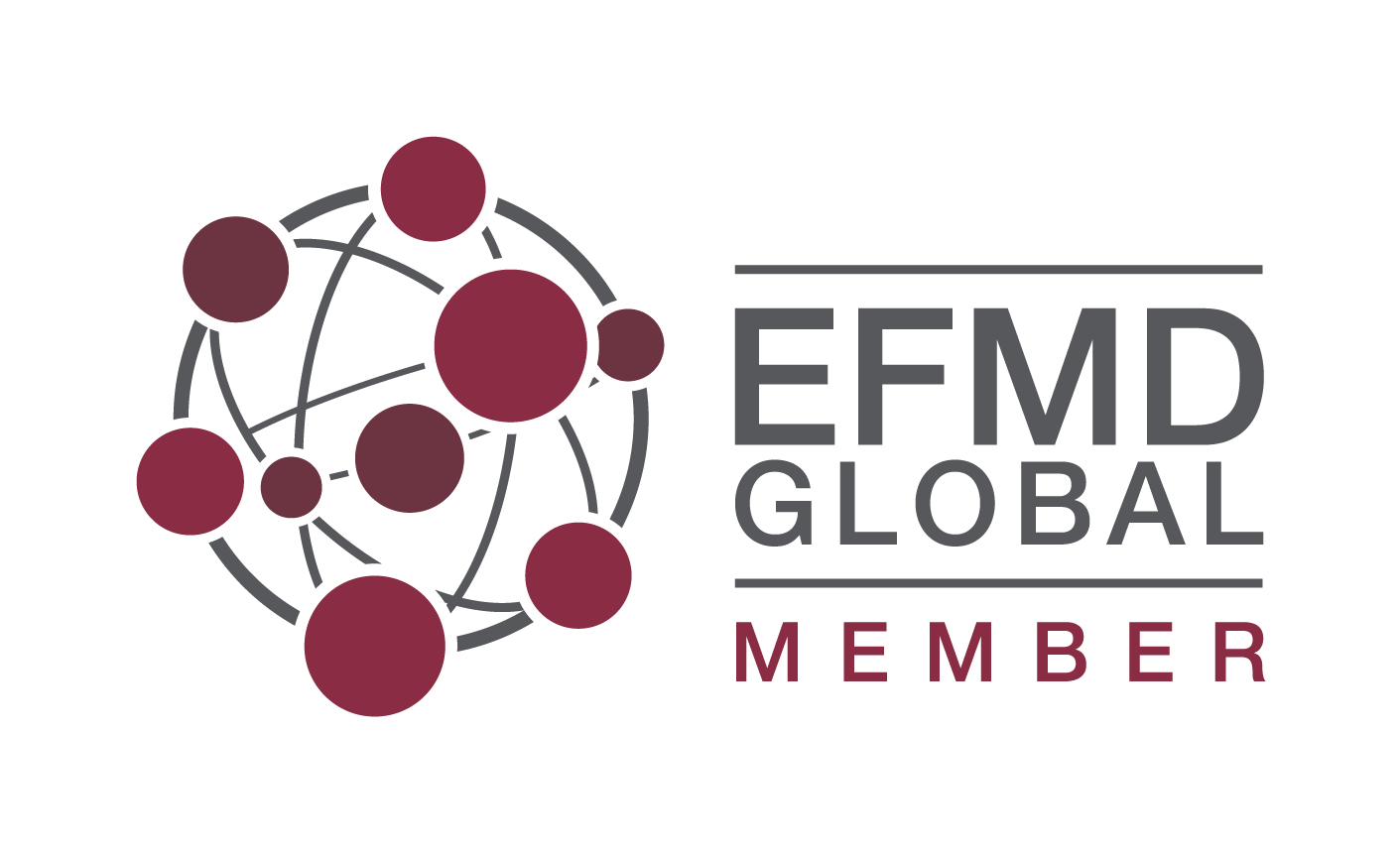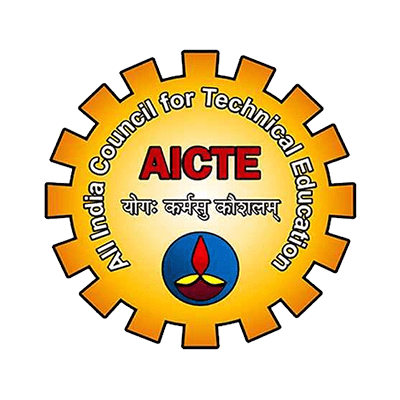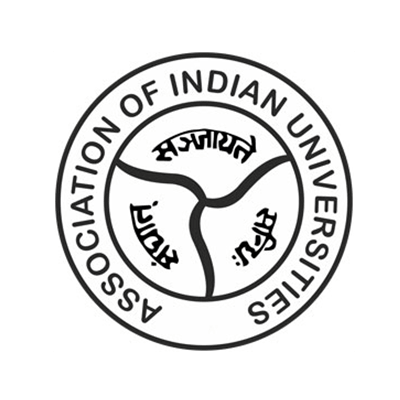Overview
The Programme is Approved by AICTE and Accredited by
- National Board of Accreditation (NBA)
- Association of MBAs (AMBA)
- National Assessment and Accreditation Council (NAAC)
- Equivalence to MBA given by Association of Indian Universities (AIU).

Programme Objective

Programme Educational Objectives (PEOs)
- PEO 1: Demonstrate solution-driven critical thinking skills with an innovative mindset.
- PEO 2: Develop responsible leadership capabilities in business.
- PEO 3: Be a socially sensitive and value-driven individual.
- PEO 4: Develop a global perspective in management.
Programme Outcomes (POs)
| Programme Outcomes | At the end of the programme, the graduates will be able to: |
|---|---|
| PO 1 Communication |
Communicate effectively in a business context through written reports, presentations, and interpersonal interactions. |
| PO 2 Critical Thinking & Problem Solving |
Demonstrate critical thinking skills by appropriate problem identification, evaluating alternatives based on multiple perspectives, and presenting innovative solutions for problem-solving. |
| PO 3 Integrated Thinking |
Develop the ability to conceptualise complex business problems, apply appropriate theories, tools and techniques from various functional areas of management to support business decisions. |
| PO 4 Leadership Skills |
Illustrate the role of responsible leadership in management. |
| PO 5 Ethical Awareness |
Identify ethical issues and be aware of socio-cultural norms in management practices. |
| PO 6 Global Awareness |
Identify the challenges faced by the organization in the global platform for taking business decisions. |
Course Structure
The PGDM programme spans two years. In the first year, students build core competencies across foundational areas including economics, organizational behaviour, finance and accounting, marketing, human resource management, information systems, and quantitative techniques. At the end of the first year, all students must complete a summer internship of 8 to 10 weeks with one of the Institute’s corporate partners. This internship, carrying six credits, is evaluated through a report, presentation, and viva. Apart from SIP, in the second year, each student must work on a Capstone Business Project to develop an integrated business understanding.
| Group | Trimester I | Trimester II | Trimester III |
| Economics | Managerial Economics | Macro-Economic Theory & Policy & IE | |
| Finance | Financial Reporting & Analysis and Cost Management | Financial Management I | Financial Management II |
| Marketing | Marketing Management I | Marketing Management II | |
| Strategic Sales and Business Development | |||
| OM&QT | Quantitative Techniques | Operations Management | Supply Chain Management |
| MISA | Data Pre-Processing and Visualization | IT for Sustainable Future | Business Analytics |
| Research Methodology for Management | |||
| Strategy, Entrepreneurship and Innovation | Managerial Communication | Design Thinking for Rural Innovation | ESG for Responsible Value Creation |
| Entrepreneurship | New Venture Development I | Universal Human Values for Wellbeing | |
| Indian Knowledge Systems Applied to Management | Local Business Accelerator I | New Venture Development II | |
| Strategic Management | Local Business Accelerator II | ||
| Business Ethics and CSR | |||
| Legal Aspects of Business | |||
| OBHR | Organizational Behavior | Human Resources Management |
During the second year, students may choose electives based on their interests and career aspirations. The programme offers a wide selection of elective courses across various specializations. Students may opt for an independent course under faculty supervision for topics not covered under existing electives.
Specialization Areas:
- Economics
- Strategy, Innovation and Entrepreneurship
- Operations Management and Quantitative Techniques
- Marketing
- Finance
- Management Information Systems and Analytics
- Organizational Behaviour and Human Resource Management
| Broad Area | Sl. No. | Course Name |
| Economics | 1 | Business Forecasting |
| Startegy, Innovation and Entrepreneurship | 1 | Mergers, Acquisitions & Corporate Restructuring |
| 2 | Marketing Strategy and International Markets | |
| 3 | Digital Business Models | |
| 4 | Digital Transformation | |
| 5 | Multi- Criteria Decision Making | |
| 6 | Strategic HRM | |
| 7 | Managing Organizational Change | |
| 8 | Sustainability and Green HRM | |
| 9 | Mindfulness for Leadership Excellence | |
| Finance | 1 | Fixed Income & Equity Valuation |
| 2 | Advanced Financial Statement Analysis | |
| 3 | Banking & Financial Services | |
| 4 | Strategic Cost Management | |
| 5 | Tax Planning and Auditing | |
| 6 | Mergers, Acquisitions & Corporate Restructuring | |
| 7 | Portfolio Management | |
| 8 | Futures, Options and Derivatives | |
| 9 | International Finance | |
| 10 | Financial Modelling & Analytics | |
| 11 | Project & Infrastructure Finance | |
| 12 | Financial Risk Management | |
| 13 | Financial Institutions Markets & Services | |
| 14 | Behaviorial Finance | |
| 15 | Fintech | |
| 16 | Investment Banking | |
| 17 | Wealth Management & Alternative Investment | |
| Marketing | 1 | Integrated Marketing Communication |
| 2 | Sales and Distribution Management | |
| 3 | Retail Marketing | |
| 4 | Digital Marketing Strategy | |
| 5 | Customer Relationship Management | |
| 6 | Services Marketing | |
| 7 | Consumer Behaviour | |
| 8 | Strategic Brand and Product Management | |
| 9 | Marketing Strategy and International Markets | |
| 10 | Entertainment, Media and Sports Marketing | |
| 11 | B2B Marketing | |
| 12 | Rural and BOP Marketing | |
| 13 | Generative AI in Marketing | |
| 14 | Marketing for E-Commerce | |
| 15 | BFSI Marketing | |
| 16 | Pricing Strategy | |
| 17 | Advanced Marketing Research | |
| 18 | Tourism Marketing | |
| 19 | Sales Analytics | |
| Management Information Systems and Analytics | 1 | Digital Business Models |
| 2 | Cybersecurity Foundations and Management | |
| 3 | Generative AI | |
| 4 | Database Management and Applications | |
| 5 | Social Media and Text Analytics | |
| 6 | ERP | |
| 7 | Cloud Computing & IOT | |
| 8 | Data Analytics & Machine Learning | |
| 9 | Block Chain and Business Applications | |
| 10 | Marketing Analytics | |
| 11 | Digital Transformation | |
| 12 | Predictive Analytics | |
| 13 | Business Forecasting | |
| 14 | Prescriptive Analytics | |
| 15 | Sales Analytics | |
| Organizational Behaviour and Human Resource | 1 | Human Resource Planning |
| 2 | Compensation Management | |
| 3 | Recruitment & Selection | |
| 4 | HR Analytics | |
| 5 | Mindfulness for Leadership Excellence | |
| 6 | Fundamentals of Labour Law & Application | |
| 7 | Performance Management & Reward System | |
| 8 | Training & Development | |
| 9 | Managing Organizational Change | |
| 10 | Strategic HRM | |
| 11 | Conflict Resolution & Negotiations | |
| 12 | International HRM | |
| 13 | Sustainability and Green HRM | |
| Operations Management & Quantitative Techniques | 1 | Supply Chain Risk & Resilience |
| 2 | Lean Six Sigma | |
| 3 | Supply Chain Modelling & Analytics | |
| 4 | Service Operations Management | |
| 5 | Project Management | |
| 6 | International Logistics and Shipping Services | |
| 7 | Operations Research | |
| 8 | Multi- Criteria Decision Making | |
| 9 | Business Forecasting | |
| 10 | Logistics & Supply Chain Management | |
| 11 | Predictive Analytics | |
| 12 | Prescriptive Analytics |
Pedagogy
IMI Kolkata employs a diverse and dynamic teaching methodology. The learning process integrates lectures, case studies, simulation exercises, group work, student presentations, and class projects. Industry experts frequently participate as guest speakers, helping to bridge the gap between academic theory and real-world business practice. This blended pedagogy enhances practical understanding and prepares students for the challenges of the corporate world.



